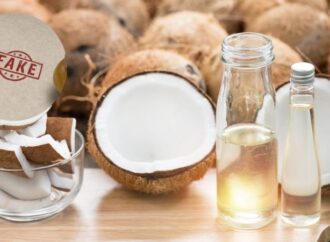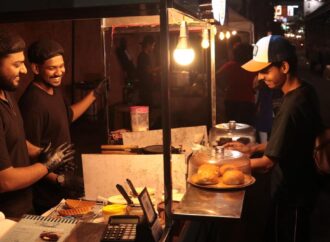Key Update
The Delhi High Court has upheld the Food Safety and Standards Authority of India’s (FSSAI) ban on beverages marketed with the term “ORS,” agreeing that such products mislead consumers and endanger public health. Justice Sachin Datta, who presided over the case, refused to interfere with the FSSAI’s order and declined to grant any relief to the petitioner, Dr Reddy’s Laboratories (DRL). “Public health considerations are paramount. We cannot allow a public health risk and let you continue in the market,” the judge stated during the hearing.
DRL’s Plea and Court’s Ruling
DRL had filed a petition seeking permission to sell its remaining stock of Rebalanz VITORS, a ready-to-drink beverage previously marketed as an oral rehydration solution. The company informed the court that it has now rebranded the drink as Rebalanz Vitenergy. However, the court rejected DRL’s plea to exhaust its old stock and maintained the embargo, allowing the company to approach the FSSAI only for further directions regarding the existing inventory.
FSSAI Flags Misleading Labels and Health Risks
In its notifications issued on October 14 and 15, the FSSAI clarified that using the word “ORS” — even as a prefix or suffix — in any beverage label violates the Food Safety and Standards Act, 2006. The regulator emphasised that such drinks, often marketed as fruit-based or flavoured beverages, falsely project themselves as medical oral rehydration solutions. According to the FSSAI, these sugary drinks can worsen dehydration, especially among children and diabetic patients, by creating osmotic imbalances in the body. A detailed order dated October 30 highlighted consumer complaints showing that many had mistakenly consumed such drinks in place of genuine, WHO-recommended ORS formulations.
Disclaimers Don’t Work, Says Regulator
The FSSAI observed that disclaimers on product labels fail to offset the misleading impact when the brand name prominently features “ORS.” The regulator also noted that similar colour schemes, medical-style packaging, and fonts make these products appear therapeutic. Citing Sections 23 and 24 of the Food Safety and Standards Act, read with the Labelling, Display, and Advertising and Claims Regulations, the authority held that such products constitute misbranding and pose an immediate public health risk.
Court Prioritises Public Health Over Branding
Justice Datta upheld the FSSAI’s decision, affirming that the embargo would remain in place. “Public health is of paramount importance,” he said, stressing that commercial interests cannot override consumer safety. The court’s decision strengthens the regulator’s authority to curb deceptive marketing in the food and beverage sector, reinforcing that consumer protection remains central to India’s food safety framework.
Source: The Indian Express
 Food Manifest
Food Manifest 


















